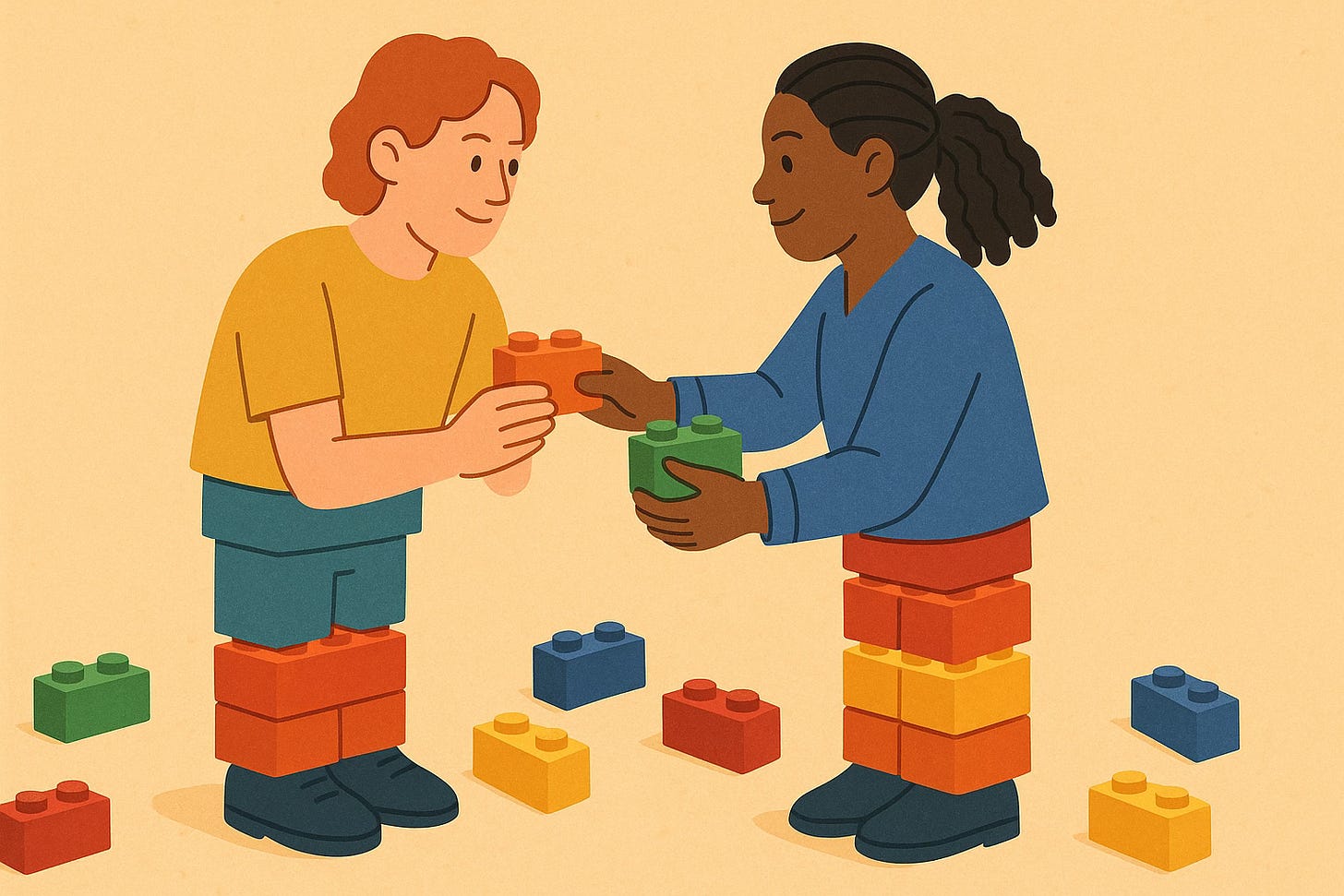Follow me on socials!
Facebook // Instagram // YouTube
Honest question: throughout your life, which factors have contributed the most to your growth & development?
Trial and error?
Divine insight?
Dumb luck?
Divine insight is always spot-on, but for me, the most consistent factor has been teaching. Without a doubt, no question. The times when I’ve had a trust…



